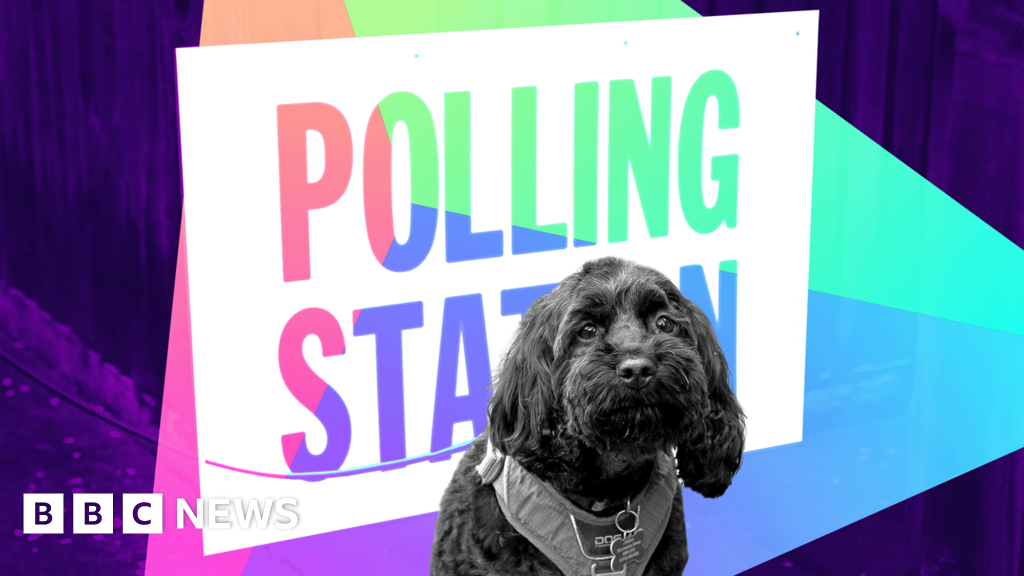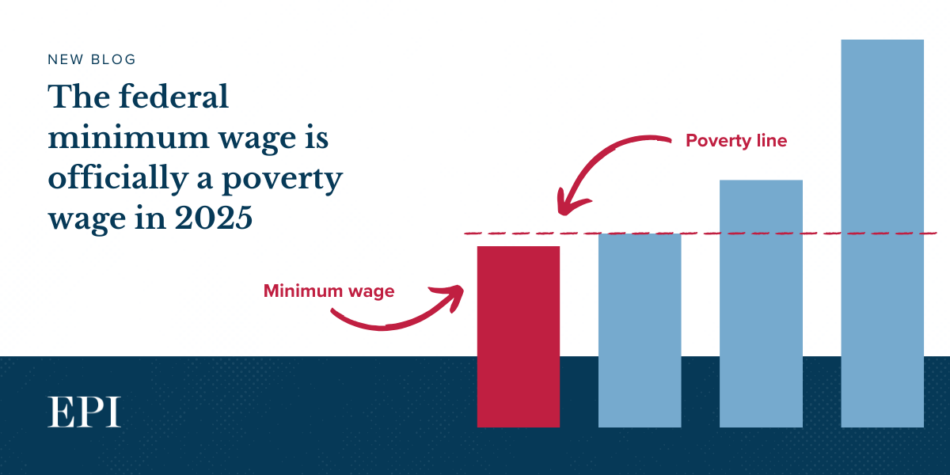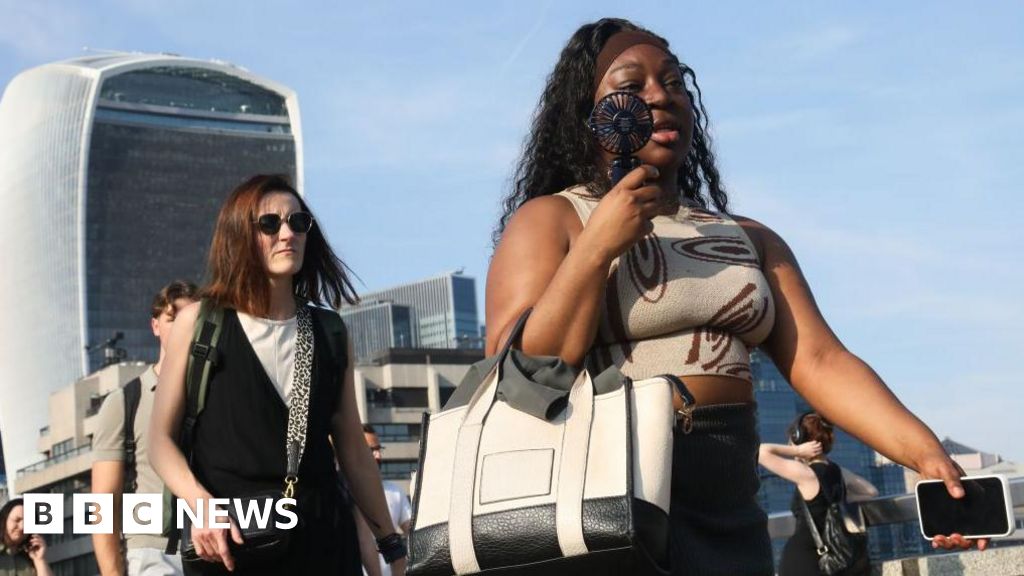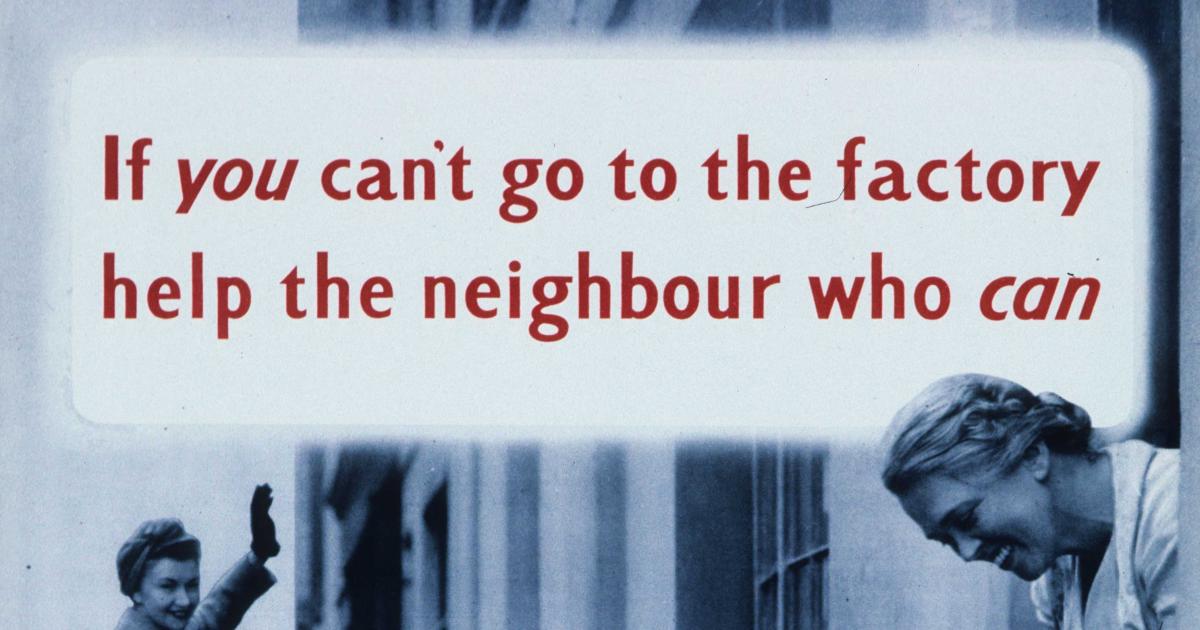The Aftermath of Los Angeles' Mayoral Election: A Closer Look at Karen Bass and Rick Caruso
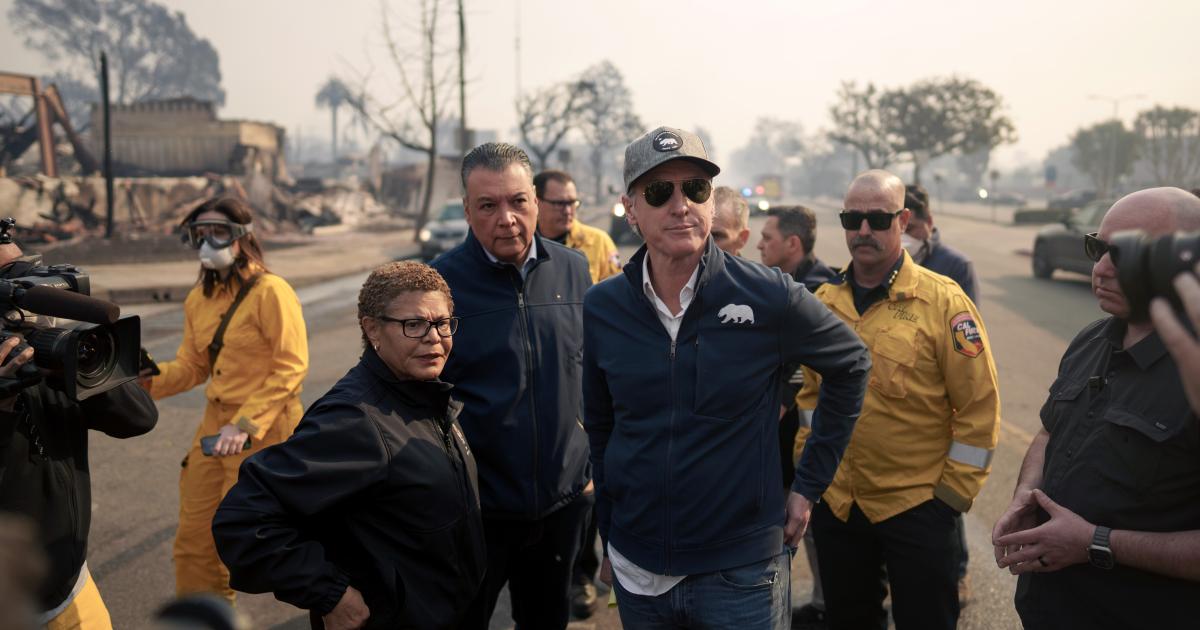
In the 2022 mayoral election held in Los Angeles, voters ultimately opted for Democrat Karen Bass over her fellow party member, Rick Caruso. This election result has come under scrutiny, particularly in light of the devastating fires that swept through the city in January 2023, leading to the tragic loss of 30 lives and the destruction of over 16,000 structures. The estimated financial toll from these disasters is staggering, with damages predicted to reach as high as $250 billion.
One striking feature of California's political landscape is its no-party-preference voting system, which allows the top two candidates from primary elections to advance to the general election, regardless of their party affiliation. Given that Republicans only account for about 25% of registered voters in the state, this often results in a contest between two Democrats. This unique system presents challenges for the Democratic Party in endorsing candidates, as was evident in the 2022 Los Angeles mayoral race. This election saw an unprecedented level of national involvement for a local race, with prominent party leaders rallying their support behind Bass, especially as polls indicated Caruso closing the gap, trailing Bass by just three points.
What makes the national Democratic leadership's endorsement of Bass particularly notable is the fact that both candidates were members of the same party. Vice President Kamala Harris made two trips to Los Angeles to rally support for Bass, while former presidential candidate Hillary Clinton also lent her voice to endorsing Bass. In addition, President Joe Biden, former President Barack Obama, and other notable figures including Senator Bernie Sanders and Senator Elizabeth Warren publicly backed her candidacy. Even local figures like Senator Alex Padilla and LA City Council President Nury Martinez threw their support behind Bass.
So, who were the Democratic politicians that backed Caruso? Only three of the 15 members of the LA City Council. Despite the backing from national leaders, Bass ultimately secured her victory with approximately 53% of the vote, but the origins of these endorsements raise questions about the rationale behind them.
The endorsements from high-profile political figures such as Obama, Biden, and Clinton stand out, considering they are not Angelenos. This raises concerns about their local knowledge of the issues that could inform their endorsements. It begs the question: were these endorsements genuinely based on the candidates' merits? If that were the case, Caruso, with his extensive background in leadership and management, would have been the more logical choice. Being the mayor of Los Angeles is akin to being the CEO of a massive organization; it requires adept decision-making capabilities to tackle chronic issues including homelessness, housing, and crime, all under a budget exceeding $12 billion.
Rick Caruso, who founded one of California's leading real estate development firms at the young age of 28, possesses decades of experience managing a complex organization. His portfolio includes landmark projects such as The Grove at Farmers Market and the Rosewood Miramar Beach Hotel. His track record speaks to his ability to generate economic activity and job creation across Southern California. In stark contrast, Bass's experience before becoming mayor consisted mostly of her tenure as a member of the U.S. House of Representatives, where she focused on criminal justice reform and child welfare. While she chaired some subcommittees, she had not significantly distinguished herself through major legislative achievements.
So why did the national Democratic leaders choose Bass over Caruso, despite his superior qualifications for managing a city as vast and complex as Los Angeles? The answer likely lies in Caruso's political history. He had only recently registered as a Democrat before his mayoral candidacy, having previously identified as an independent since 2019 and as a Republican prior to that. This complicated political trajectory made him a less appealing candidate for national Democrats, who are particularly sensitive to party loyalty, especially in a city like Los Angeles.
In the wake of the January fires, which ignited on January 7, the differences between Bass and Caruso became even more pronounced. Bass was attending a presidential inauguration in Ghana during this critical time, claiming she was unaware of the significant fire risks in Los Angeles. However, it later emerged that more than one hundred city officials had received a warning about the severe fire conditions just days prior, including a National Weather Service alert that highlighted the potential for destructive winds.
This situation exposes a colossal organizational failure on Bass's part, one that may have directly contributed to the tragedies that unfolded. Meanwhile, Caruso had proactively taken measures to protect his properties in areas known to be at risk for wildfires, hiring private firefighters and water tenders to safeguard his Pacific Palisades center. His timely actions potentially saved businesses and jobs that would have otherwise been lost, showcasing the contrasting leadership styles of the two candidates.
Had Caruso been in office during the crisis, it stands to reason that the emergency response would have been more robust, potentially mitigating the devastation that ensued. Evidence suggests that had additional resources been deployed earlier, the fire could have been contained more effectively, especially in a high-risk area like the Palisades.
As the dust settles on the 2022 election, it becomes evident that the decision to elect Bass over Caruso has led to serious repercussions for Los Angeles. Governor Gavin Newsom's choice to abstain from endorsing either candidate hints at a preference for Caruso, and raises questions about the wisdom of the endorsements from national leaders. They may now grapple with the consequences of their decision in light of the tragic events that have unfolded.
Nicole Avant, who served as an ambassador under Obama and is deeply embedded in the Los Angeles community, expressed concerns before the election about the chaos in the city. Her remarks reflect a sentiment shared by many Angelenos who feel that Caruso represents a departure from the current state of disorder. The aftermath of this election serves as a poignant reminder that leadership matters, and the city may have been on a different trajectory had it been in Caruso's capable hands.













